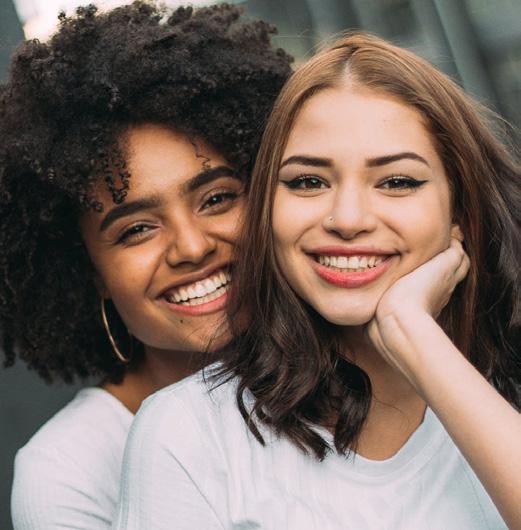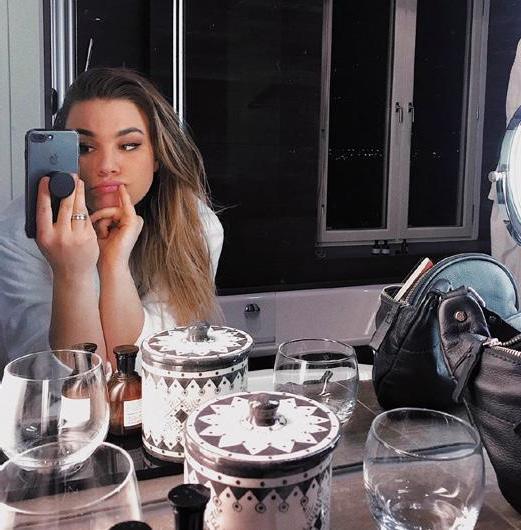
3 minute read
Social Media vs. Self Love
SELF LOVE

Advertisement

SOCIAL MEDIA By: Janelle Suriaga Assistant Editor


Photos courtesy of Pexels
Self-love is defined by Merriam-Webster as the appreciation of one’s own worth and well-being. It is often a culmination of other big ideas like self-esteem, body image and mental health. The concept of self-love is relatively new; however, self-love is applicable now more than ever, especially with the advent of a new stressor: social media. tool. “Social media definitely affects self-esteem because people are constantly comparing them and their lives to others around them. When you’re constantly comparing, you can feel inadequate”, Mastandrea stated. Social media has the ability to make its users feel left out and not good enough based on a single picture or video or the number of likes something has.
Most social media platforms have a similar format: people post pictures or videos, other people engage with those posts, and some people even decide to become friends or followers based on what you post. The problem lies therein in how people become affected by this cycle of behavior. According to Medical News Today, a 2018 study from York University found that females who interacted with more attractive peers on social media felt worse about their appearance than if they interacted with family members, even when all those interactions were on the same platform. This isn’t much of a surprise; one quick glance at the Instagram Explore feed and you’ll see all sorts of attractive people having the time of their lives. You might even compare yourself to them at some point. Hanah Mastandrea, a USF biology major, is familiar with the concept of social media used as a comparison This way of thinking is problematic because the content on social media isn’t representative of real-life. Let’s say that you look at the Instagram Explore page for at least ten more minutes. You’ll find that many people have articulate profiles, faces free of zits and scars (due to Facetune, a selfie-editing app) and short videos showing how amazing their lives are. This simply isn’t real; life is messy, normal people have skin problems and those videos often don’t show daily struggles. Social media allows people to show the best representations of themselves, not the most accurate ones. The idea that you have to present yourself as a nicely-contrived package places pressure on individuals who engage on the platform, especially among younger users who are struggling to make sense of their own identity. In late 2019, Instagram introduced a controversial test option for its platform— it would be hiding the total amount of ‘likes’ from individual posts. A big move, especially since likes are central to the Instagram experience. According to a New York Times article, Instagram’s CEO Adam Mosseri stated that he wanted to “depressurize the app” and make it less toxic for the average user. It was a way of addressing the growing concerns from Instagram users, and social media users in general, about the effects on an individual’s self-image.
Despite this option, I don’t think that this will totally get rid of the problem. Hiding likes won’t necessarily change the content. Constant exposure to altered images and curated life stories is the psychological root of this issue; if we don’t address why people feel the need to do such things, then social media platforms will continue to be a pressure-filled environment that prevents users from appreciating who they truly are.

USF ENCOUNTER










